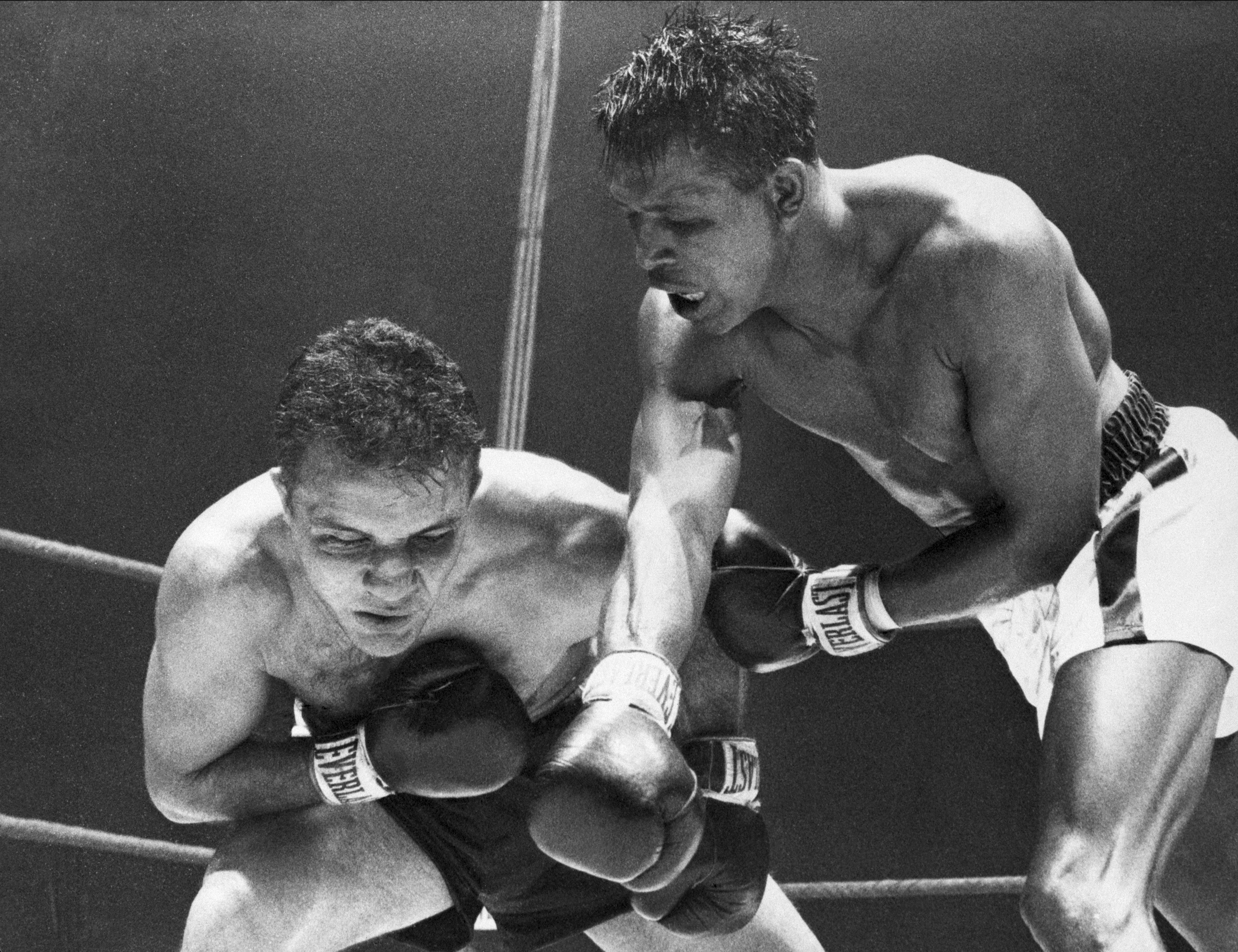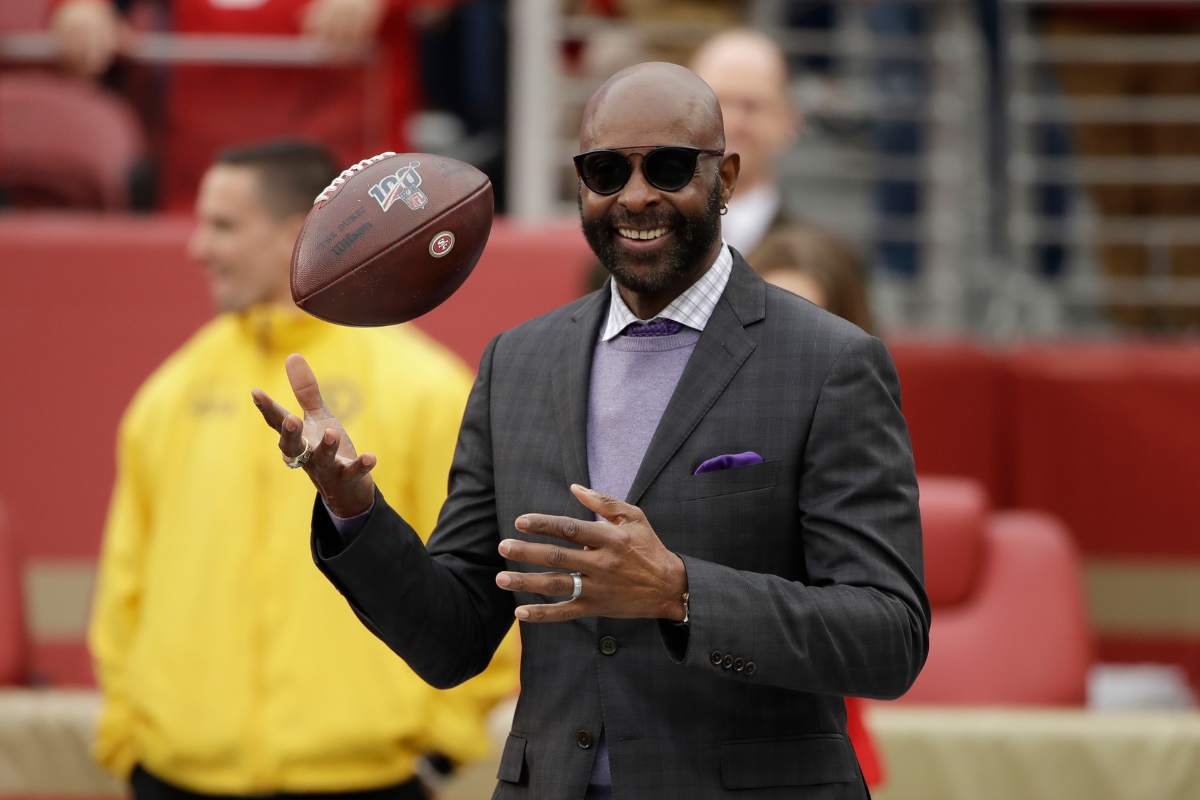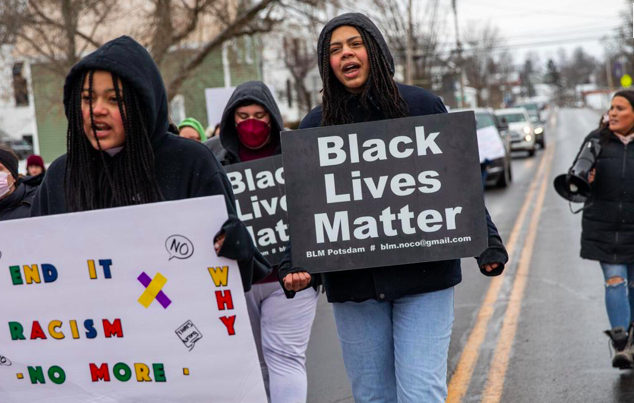This is part of The Shadow League’s yearly Black History Month In Focus series celebrating Black excellence in sports and culture.
GRAND THEFT AUTO & BLACK MUSIC
Video game music and soundtracks have always been a quintessential element for your favorite games. Rarely will you find someone who can’t identify Koji Kondo’s famous Super Mario Bros music or Final Fantasy’s beautiful composition.
Prior to PlayStation console generations, we started to see the approach of pop culture music’s insertion into video game franchises.
As early as 1989, gamers witnessed culturally relevant music in the notorious “Moonwalking with Michael” game, which featured synthesized versions of MJ hits like “Billie Jean” and “Beat It.” Following suit, titles like Skate Punks Unite and NBA2K set the tempo moving forward for the use and licensing of hip-hop music in video games.
And, since it’s Black History Month, I did want to address one notable series that served as gamer’s entry point for black music: Grand Theft Auto.
GTA’s notable radio stations paid a massive nod to a diverse line-up of genre hits. Whether you rode around in a Banshee listening to classical music or spitting every line of a hip-hop track while evading the police, at some point, you had one of the stations on during your vigilante pursuits.
These stations served as soundtracks to our GTA lives and much of it included genres driven by black culture.
Grand Theft Auto III gave way to this experiential element first. Although there weren’t notable tracks yet due to licensing, consumers were introduced to a highly produced three-and-a-half hour in-game radio material that included reggae and underground/gangsta rap.
Honestly, it is funny to think that the first time I was introduced to Royce da 5’9″ was while I was running people over in my car, listening to Game Radio, GTA III’s hip-hop station.
I needed a soundtrack to my GTA life and felt the perfect songs were the hip-hop based ones. But, don’t get me wrong, sometimes when I wanted to be fancy in my sports car I would play classical music while chaos ensued. But, overall hip-hop and black culture music seemed to be at the forefront of GTA’s radio stations.
BLACK MUSIC MADE GTA A UNIVERSAL VIDEO GAME
So much that in 2002, Grand Theft Auto: Vice City expanded its licensing options with hit singles in hip-hop, R&B and soul.
Wildstyle was a notable station that featured not only an actual DJ from the 1980’s, but it included hits such has Grandmaster Flash and the Furious Five’s “The Message” and Kurtis Blow’s “The Breaks.”
On the flip side, Fever 105’s complementary R&B and soul legacies such as Rick James and Teena Marie provided an additional option to black culture music.
Considering I’m an early ’90s baby, aside from hearing my mom sing ’80s hits, Vice City and GTA’s radio station educated me on people and songs that served as cornerstones for today’s music.
I was familiar with the acts but could not sing the song verses line for line, even if you robbed me at gunpoint. That is until GTA’s radio stations stamped each song into my young psyche. And what a welcoming experience that was.
I would assume that the repetitive plays of songs ingrained in my mind would’ve stuck in the ears and minds of those who were less familiar with notable black legacy acts too.
As the game progressed from Grand Theft Auto: San Andreas to Grand Theft Auto V, it was abundantly clear the impact that black culture music had on the radio stations and game itself.
Before the days of Spotify, Tidal and Apple Music, people weren’t always introduced to variations of hip-hop, R&B, reggae, soul and more.
But thankfully because of GTA, whether we were running Grandmas over in cars or upgrading your outfits, black culture music was predominately the soundtrack to our lives…in the game of course.



